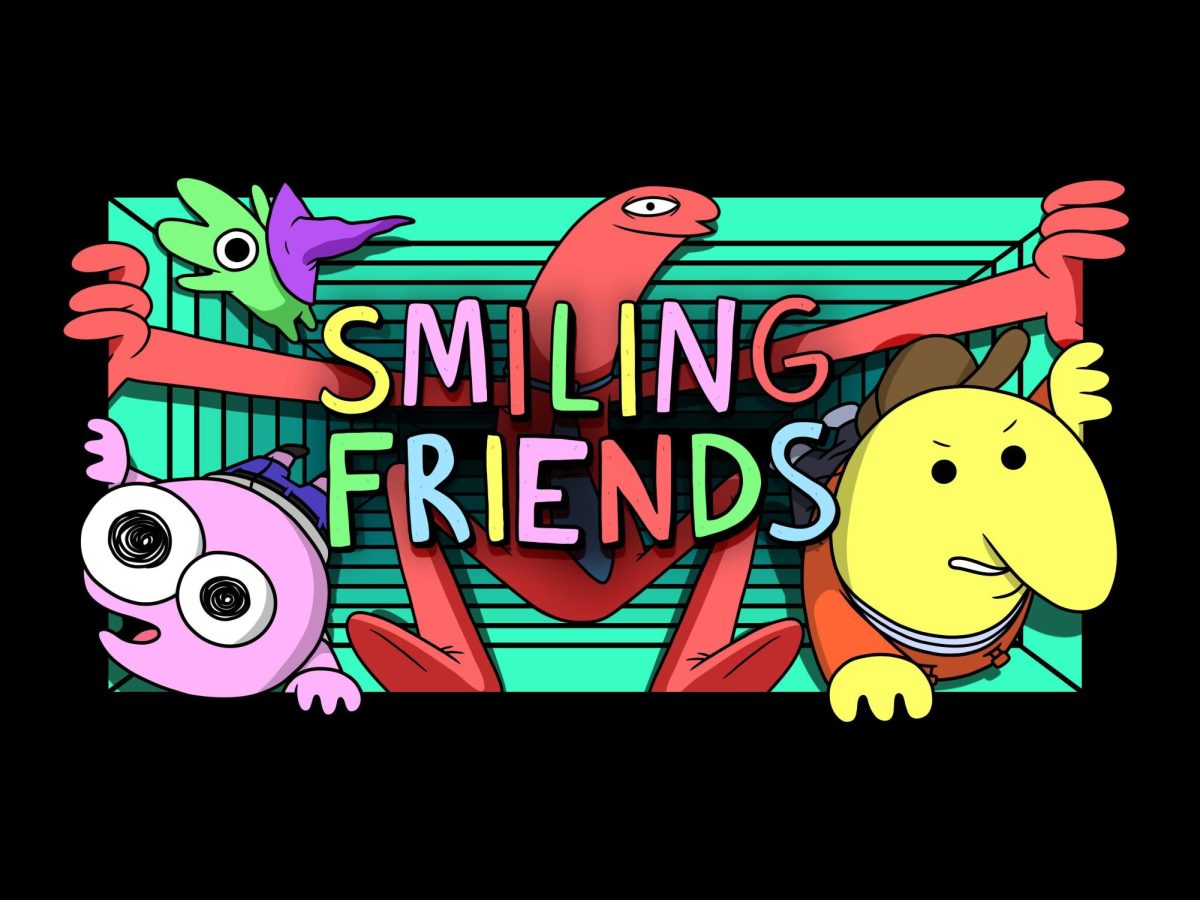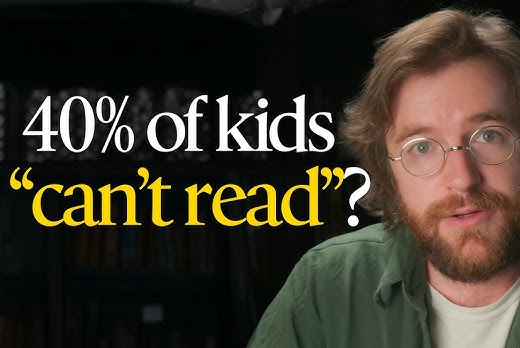America is a country founded on the press. There are numerous news agencies scattered all across the country, each with the goal of informing people and keeping political power in check. However, in recent years, America’s “press” has transformed into something entirely new—social media. Platforms such as Instagram and X have gained prominence as news sources. According to The Pew Research Center, over half of U.S. adults regularly get their information from social media websites rather than traditional news outlets. While social media represents a more modern approach to relaying news, has something been lost from the days of long-form journalism?
The rise of social media in news can be attributed to one thing: its accessibility. For example, while an article from CNN is longer and harder to read, a post from social media is short and easily consumable. Timpview senior Oliver Scribner says he gets his news from social media sites “like Tiktok and Instagram.” He appreciates “how short they make news” and likes how “easily watchable” it is. Considering how busy our lives are today, perhaps news from social media is the logical next step in journalism.
However, despite its easy access, social media has a major problem—its predilection for misinformation due to a lack of regulation. According to a study conducted by YouGov earlier this year, 46% of adults surveyed claimed to have seen false or misleading information on social media. This can likely be attributed to the lack of journalistic integrity on media platforms. Unlike news agencies, social media users are not held to strict standards of integrity. While news organizations are expected to have evidence-backed claims, people online can say whatever they want, and the legitimacy of their claims is often questionable. Though news agencies can sometimes print mistakes as well, they go to much greater lengths to ensure authenticity.
In addition, the unregulated nature of social media news allows platforms to manipulate first-hand sources to support an agenda. Many online media sources frame information in a way that takes sources’ statements out of context, resulting in the loss of impartiality. This biased reporting creates polarized perspectives within an industry that is supposed to relay information in an unbiased manner.
Along with this, news from social media also often fails to include significant details in its reporting that can provide insight into political and social trends in our world. Traditional forms of journalism, like other long-form media sources, take great pains to include details that not only inform us of our current condition but also explain how it relates to the past. Despite how different our society may seem today, there are recurring patterns that prove otherwise, showing how history often repeats itself. The ever-changing social and political trends of our world can be compared to the episodes of a sitcom. Every episode of a sitcom, despite its respective subplot, often has recurring elements: an opening theme, a few iconic punchlines, a core group of characters, etc. These things are repeated so much throughout the show that we eventually learn to spot the signs of when they will happen again. The same can be said for society. As MIT professor Noam Chomsky stated,
By giving us more depth than social media, journalism reveals signs of monumental events happening again. For example, by learning about the Holocaust, we understand how extreme racial prejudice was used as a weapon. We also understand how corrupt people rose to power, and how good people acquiesced. While we cannot change the past, we can learn from it and recognize the signs of when it is repeating itself, signs that news from social media lacks to provide.
Although social media has innovated the news industry by making information more accessible, its lack of regulation and in-depth reporting provide significant barriers to its value. Despite social media’s easily watchable nature, it is important to remember that the main purpose of news is to inform. News should prioritize authenticity and educational value rather than entertainment. It should remain as a constant authority in our society, providing us with reliable information as we make decisions that affect our lives, and the lives of others.















